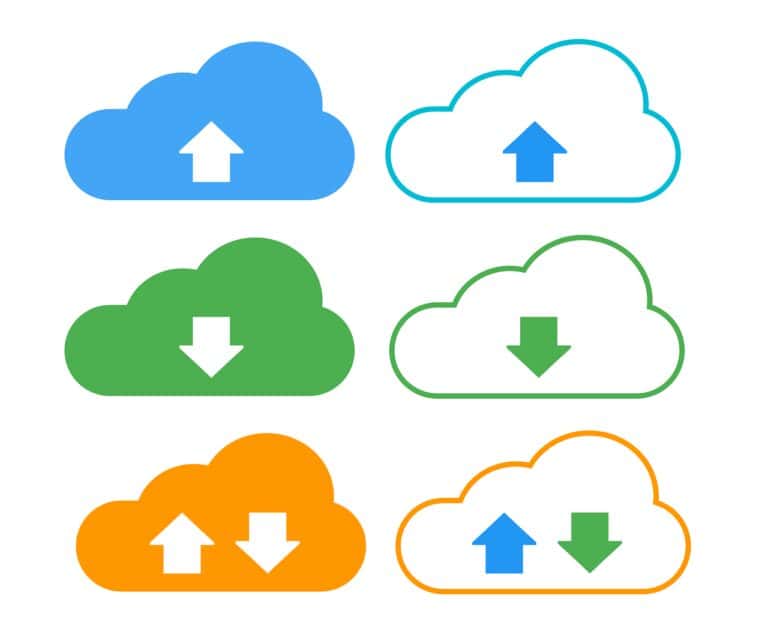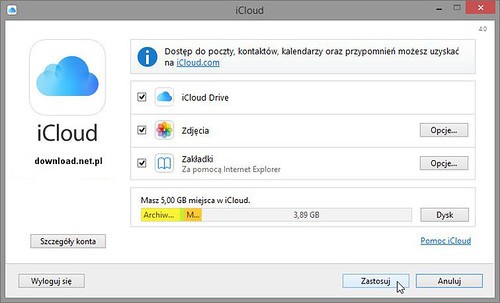Uptime is important for evaluating how reliable and well-performing computer systems and networks are. To ensure that your systems are accessible and operational most of the time, it’s crucial to understand the factors that affect uptime and to implement proper maintenance strategies. Uptime is the percentage of time a system is available without failures. The higher the uptime, the better the user experience and the fewer the interruptions.
This is especially important for businesses that depend on technology. Regular maintenance and monitoring are essential for achieving good uptime. Companies employ Site Reliability Engineers (SRE) to keep their systems running smoothly. High uptime builds trust and loyalty with users, which in turn affects customer satisfaction and business success. Businesses should prioritize achieving high uptime to keep their customers happy and loyal.
The Heartbeat of Your System: Uptime and Maintenance Essentials
Defining System Uptime
System uptime is the measure of how long a computer or network has been continuously operational. It’s usually expressed as a percentage of total time, with 100% meaning the system has never been down. Uptime is a key metric for assessing the reliability and stability of a system, often tracked by IT professionals and system administrators.
Factors Affecting Uptime
Several factors can influence system uptime:
- Hardware Reliability: A well-maintained system with reliable components is less likely to experience unexpected shutdowns. Regular hardware checks and upgrades can help ensure optimal uptime.
- Software Stability: Bugs, errors, and conflicts within the software can lead to crashes and downtime. Keeping software updated and patched is essential for maintaining a stable system.
- Power Supply: Power outages or fluctuations can interrupt system operations. Uninterruptible power supplies (UPS) and backup generators can provide a safety net in case of power issues.
- Network Connectivity: Network failures can disrupt communication and access to resources, affecting system uptime. Redundant network connections and robust security measures can help mitigate these risks.
- Environmental Factors: Extreme temperatures, humidity, or physical damage can also affect system uptime. Ensuring proper ventilation and protection from environmental hazards is crucial.
Why Uptime Matters
High system uptime is desirable for several reasons:
- Productivity: A system that’s constantly available allows users to access resources and complete tasks without interruptions. This translates to increased productivity and efficiency.
- Customer Satisfaction: For businesses, system downtime can lead to customer dissatisfaction and lost revenue. Maintaining high uptime is essential for providing a seamless user experience.
- Data Integrity: System crashes can lead to data loss or corruption. Regular backups and redundancy measures are crucial for safeguarding critical data.
Scheduled Maintenance and Downtime
While aiming for high uptime is essential, scheduled maintenance is equally important. Regular updates, patches, and hardware checks are necessary to keep the system running smoothly and prevent unexpected failures. Scheduled downtime is often necessary for performing these tasks, but it should be planned during off-peak hours to minimize disruptions.
Monitoring and Tracking Uptime
There are various tools and software available for monitoring and tracking system uptime. These tools can provide valuable insights into system performance, identify potential issues, and alert administrators to any anomalies. Regularly reviewing uptime reports can help proactively address problems and maintain high system availability.
Understanding System Uptime Metrics
| Metric | Description |
|---|---|
| Availability | The percentage of time a system is operational and accessible to users. |
| Mean Time Between Failures (MTBF) | The average time between system failures or outages. |
| Mean Time To Repair (MTTR) | The average time it takes to fix a system failure or outage. |
Key Takeaways
- Uptime measures how long a system works without failing
- High uptime depends on regular maintenance and monitoring
- Good uptime improves user experience and business success
Understanding System Uptime and Maintenance
To manage an effective and reliable system, you must understand what system uptime means and how to maintain it effectively. This includes defining uptime, measuring and monitoring performance, and troubleshooting issues to improve reliability.
Defining System Uptime
System uptime, also known as device uptime, measures the amount of time a computer or network is operational and accessible. It is often expressed as a percentage of time a system is “up” and running. High system uptime indicates minimal interruptions, which maximizes service availability.
Measuring and Monitoring Uptime
To measure uptime, the system compares the amount of time it operates against the total time in a given period, usually in a month or year. Monitoring tools track uptime by using metrics such as response time and HTTP status codes to assess performance. Regular monitoring detects issues early, ensuring smooth operations.
Impact of Uptime on Businesses
High system uptime positively impacts businesses by maintaining consistent service level indicators (SLIs). It minimizes data loss and downtime, which improves revenue and customer trust. Reliable uptime also boosts search engine optimization (SEO) rankings, as search engines favor websites with fewer outages. Thus, consistent uptime retains customer loyalty.
Troubleshooting for Improved Uptime
Troubleshooting involves identifying and resolving software, hardware, or network issues that cause downtime. Common issues include malware, security threats, and human errors. Monitoring tools help detect anomalies, while commands like systeminfo and PowerShell scripts aid in identifying causes. Regular preventive maintenance further minimizes downtime.
Optimizing Uptime in Windows Operating Systems
To optimize uptime in Windows, use tools such as Task Manager and Command Prompt. Commands like systeminfo show system uptime, while gcim win32_operatingsystem displays the last boot-up time. Use the Settings app or Control Panel to manage updates, making sure the system is secure and up-to-date.
Managing Network Connections for Sustained Uptime
Good network management is essential for sustained uptime. Navigate to Network & Internet settings on Windows to configure connections. Use Advanced Network Settings to troubleshoot and resolve connectivity issues. Adjust settings through the Network adapter and Change adapter settings in the Network and Sharing Center. Ensure DNS settings are correct to avoid disruptions.
By focusing on these key areas, you maintain high system uptime and ensure your systems run efficiently and effectively.
Frequently Asked Questions
Key points include the features of the Uptime app, its benefits for personal development, and its role in professional productivity. Additionally, it explores user experiences and how Uptime maintains quality.
What are the key features of the Uptime app?
The Uptime app offers daily five-minute insights from books, courses, and documentaries. Users can personalize their learning experience with curated content. It also provides offline access, so users can learn anywhere.
How does Uptime compare to other learning platforms?
Uptime stands out with its micro-learning approach, offering quick and engaging summaries. It focuses on saving users’ time by providing essential information effectively. Unlike some other platforms, it emphasizes concise, actionable insights.
What are the benefits of using the Uptime app for personal development?
Personal development is enhanced through diverse content from multiple sources. Users gain new skills and knowledge quickly. The app helps users stay motivated by providing consistent, manageable chunks of information daily.
How do users rate their experience with the Uptime app?
Users often praise the app for its convenience and the quality of its content. Reviews highlight the effectiveness of the short, insightful summaries. Many appreciate the ability to fit learning into their busy schedules.
In what ways can Uptime improve professional productivity?
Professionals benefit from the app by learning new skills faster. It helps improve decision-making with concise content relevant to their field. The app’s diverse topics help users stay informed and competitive.
What strategies does Uptime implement to ensure content quality and relevance?
Uptime ensures quality by working with experts in various fields. It regularly updates its library to include the latest and most relevant information. Content is reviewed to maintain high standards and accuracy.






